Overview:
This two-day course outlines how senior leaders can improve the quality of assessment in Foundation Subjects by using the curriculum as a progression model.
Day 1: 15th November 2023
Day 2: 24th January 2024
Day 1: The Curriculum as a Progression Model — Portray, Don't Prove
Course Content
Immerse yourself in a transformative approach to curriculum development. This isn't about ticking boxes. It's about creating a qualitative progression model that portrays a rich tapestry of student learning and growth. Through hands-on Portrayal of Progress (POP) tasks, you'll articulate principles of progress, cognitive processes, and critical vocabulary. This day will shift your paradigm from proving progress to portraying it through meaningful learning experiences.
Key Intentions for Day 1:
- Define and understand the principles of progress
- Employ POP (Portrayal of Progress) tasks to articulate curriculum expectations
- Distinguish between performance and sustained progress
- Address potential pitfalls in traditional assessment methods
Gap Task: Finish the day by creating your own schema maps and POP Tasks, an optional exercise that provides a practical application of the day's learning.
By the end of Day 1, attendees will have a well-rounded understanding of how to create a nuanced and effective progression model for curriculum assessment, benefiting both teachers and students in the long term.
Day 2: Understanding Types, Purposes, and Methods of Assessment — Assessment as a Learning Engine
Course Content
Building on Day 1, delve deeper into assessment that acts as a catalyst for learning. Master Assessment for Learning strategies, taking them from theory to practice in your classrooms. Additionally, explore the nuances of using tests, engage in Learning Talks, and familiarise yourself with innovative methods like Comparative Judgement.
Key Intentions for Day 2:
-
Assessment Types: Unpack the three types of assessment – Assessment for Learning, Formative, and Summative – with a focus on their nature, purpose, audiences, and methods.
-
Six Strategies for Assessment for Learning: Dive into practical examples and key principles for strategies: checking student responses, retrieval practice, writing to learn, metacognition, questioning, and feedback. Learn how Assessment for Learning isn't just for measurement but is a pedagogical approach that genuinely enhances learning. (References: Black & Wiliam, 1998; Hattie, 2009)
-
Quality and Difficulty Models: Explore these two assessment models with examples that refer back to the curriculum expectations established on Day 1 and through the Gap task.
-
Testing in Context: Investigate the role of tests in Assessment for Learning, Formative, and summative assessments while cautioning against their short-term use for summative judgments.
-
Learning Talks: Learn how to prepare and conduct structured conversations with students about their learning based on curriculum expectations.
-
Prior Learning Assessments: Discover how to assess what students remember from previous lessons, providing a fuller picture of their educational journey.
-
Comparative Judgement: Delve into this innovative assessment method, offering a different perspective on evaluating student progress.
By the end of Day 2, attendees will be well-equipped to navigate the complex landscape of educational assessment, armed with the tools, theories, and practical know-how to make assessment a powerful lever for learning.
Key Benefits
- This is an excellent opportunity to review your curriculum expectations in light of assessment.
- Learn how to create specific knowledge expectations through POP Tasks.
- Gain a nuanced understanding of different types of assessment, and learn how to implement them in your educational setting effectively.
- Receive practical, hands-on examples for implementing Assessment for Learning strategies grounded in seminal research.
- Understand the subtleties of employing tests within various assessment frameworks, helping you make more informed decisions about their use.
- Enhance your assessment repertoire through Learning Talks, providing a richer, more direct feedback form.
- Master the art of Prior Learning Assessments and Comparative Judgement, expanding your toolbox of assessment methods.
Pricing & Book
Course Price: £300 (exc. VAT)
Book 3 places and the 4th place is free
Delegates should attend both days and cannot book onto one date only. Can’t make one of the dates? We can give you access to a recording of the day.

.png)



